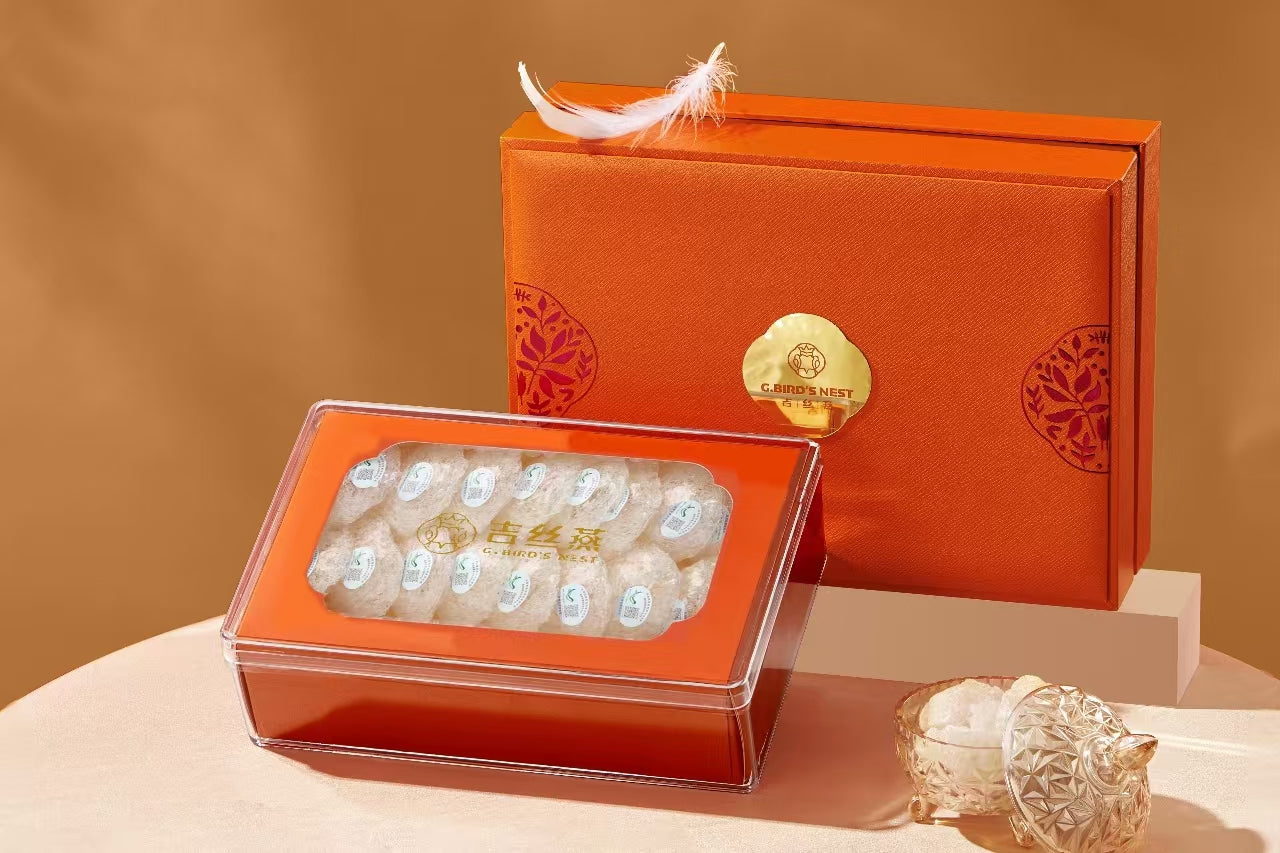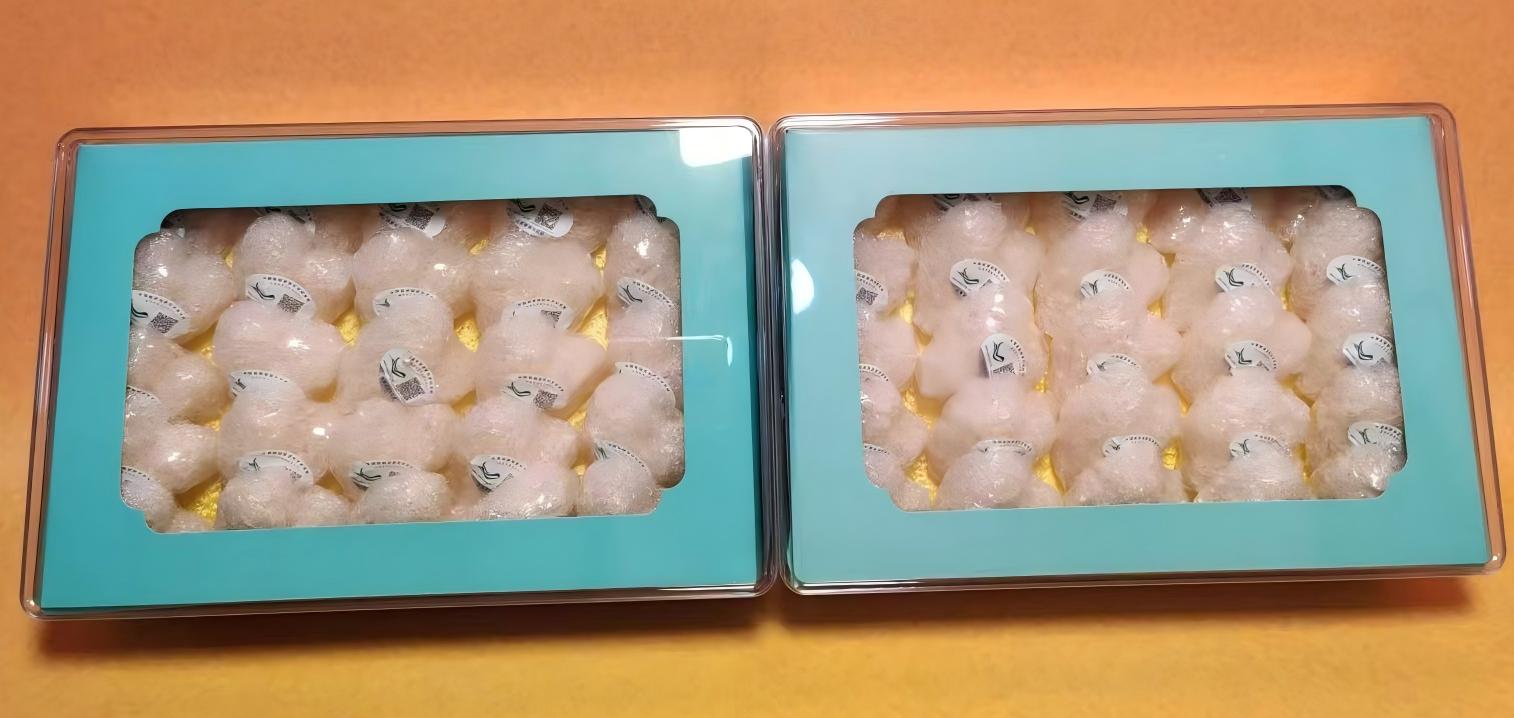New nourishing proposition
Bird's nest is more nutritious when eaten fresh

New nourishing proposition
Bird's nest is more nutritious when eaten fresh
Secure payment
Crypto transactions, ensuring security
Traditional crafts
Traditional hand-picking method, zero additives
Certificate of Origin
Directly sourced from Malaysia, traceable to the origin.
Attentive customer service
Dedicated wellness consultant, one-on-one answers to your questions

Superior Five-Star Collection

Master Artisan Collection

Heart Essence Collection

Refined Quality Collection
Bird's nests are made from raw bird's nests, which must be thoroughly soaked to remove the fine hairs manually. After being physically formed in molds, they no longer retain their original shape. However, regular bird's nests that have been chemically depilated retain their original shape and do not require extensive manual depilation. Consumers should be wary of the negative effects of additives on the human body.
House swallows are not artificially raised, but are lured from the wild to build nests in the swallow house. Swiftlets catch food in the wild during the day and fly back to the swallow house at night. The nutritional content of their bird's nests is the same. In addition, humans can regularly pick bird's nests in the swallow house to avoid long-term contamination of bird droppings. From the perspective of food safety, the nitrite content of house swallows is lower than that of cave swallows. Currently, the bird's nests that are legally compliant with food safety regulations for export in Indonesia and Malaysia are all house swallows.
There are generally two types of bird's nests that need to be refrigerated. The first type has a moisture content exceeding food safety standards and is prone to mold if not refrigerated. The second type is bird's nest that is coated with edible glue to lock in moisture to increase its weight and also needs to be refrigerated, otherwise it will easily mold.
Because bird's nest scraps and bird's nest shavings come from leftover material, they contain high levels of impurities. High-quality bird's nest, on the other hand, contains no debris and has long, resilient fibers. Common bird's nest scraps and bird's nest cakes on the market may be made from inedible bird's nests or bird's nest scraps from which impurities cannot be removed manually.
Bird's nests that feel thick, have a dense appearance, and are not easy to fall apart when sprayed with water are mostly treated with glue. Bird's nests that have not been treated with glue are dry and fragile, fluffy, with clearly visible textures and a high swelling rate.
Many people believe that dry-cleaning bird's nests (without washing them in water) maximizes their nutritional value. In fact, dry-cleaning bird's nests are primarily chemically depilated. Consumers also need to soak and depilate dry-cleaned nests after purchase. However, different buyers have different soaking standards, such as water temperature, water quality, and soaking time, which can easily lead to nutrient loss during the soaking process. Professionally cleaning bird's nests in a factory allows for stricter control over water quality, temperature, and duration, ensuring maximum nutritional value and taste while meeting food safety standards. (For final results, please refer to the nutrient composition table for that batch.)